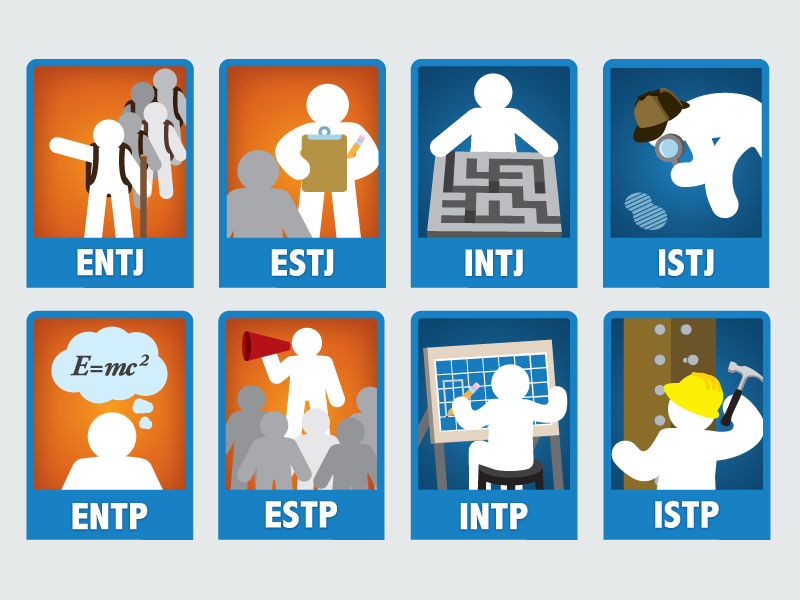Studying and trying to learn a language is not a simple thing. You will hear lots of advertisements offering they can teach you English in only 8 months, even worse, they offer you can learn the language while you sleep!
As an English teacher, I can tell you none of those is true. It depends on the level you want to achieve and the time and effort you are able to put in this goal.
Learning a language involves different mental skills, which include the position of your tongue or lips as you want to pronounce a word correctly. Developing your "listening" ability, which has to do with your ears hearing the correct sounds and then your brain needs to process the information to decode the message. One source of original material to exercise your listening comprehension skills is the BBC News. Here is a link where you will find varied topics:
To achieve a real advanced level, you need to work as someone who really means to be an advanced English speaker. You need to think in English, read in English as frequently as possible, listen to English original materials, podcasts, news, songs, films, etc. After you read or listen to something, practice recording your opinion. You will be able to listen to what you said, make corrections, additions, listen again. Speak English with your classmates and teachers at all times.
You need to practice your critical thinking skills. Practice writing essays to develop your personal style and become aware of the power of words. You may even want to learn something in English online, something your really like, it could be how to cook something, build something, a professional course, just anything. The important thing is that you dare to use the language in a natural, habitual way. Here are some links of prestigious institutions that offer free/low cost learning options:
Remember that phrasal verbs in English are key to English vocabulary. Learn them and practice them.
Be an active participant and comment on your experience while learning English!
Check the link below, it gives 14 steps to become an advanced English speaker.
Enjoy learning and improving your English!


